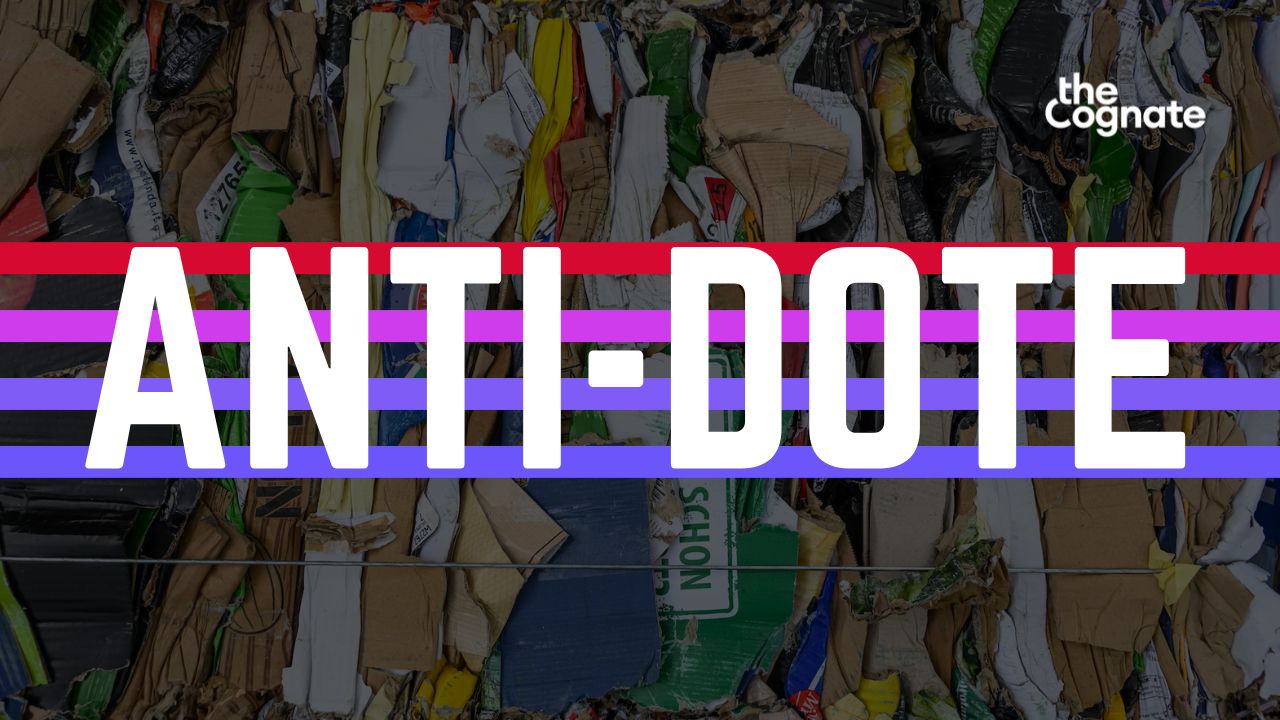In recent decades, consumerism has become a dominant cultural and economic force around the world. The constant barrage of advertising, social media influence, and peer pressure have created a society that is increasingly obsessed with material possessions and the pursuit of wealth. This culture has led to a number of negative consequences, including environmental degradation, social inequality, and personal dissatisfaction. In contrast, the Islamic concept of Zuhd offers an antidote to this consumerist culture, encouraging individuals to detach themselves from material possessions and focus on spiritual and moral values.
How the world embraced consumerism
The rise of consumerism can be traced back to the early 20th century, with the growth of mass production and the emergence of modern advertising. These developments made it possible for companies to create an ever-increasing supply of goods and services, while also convincing people that their happiness and success depended on consuming more and more. The result has been a global culture of consumption that values material possessions above all else. This culture has led to a number of negative consequences, including environmental degradation, social inequality, and personal dissatisfaction.
One of the primary drawbacks of consumerism is its impact on the environment. The constant production and consumption of goods and services have led to significant levels of waste and pollution, contributing to climate change and other environmental problems. In addition, the focus on individual consumption has led to a culture of overconsumption, where people buy more than they need, leading to an unsustainable use of resources.
Another negative consequence of consumerism is its impact on social inequality. The focus on material possessions has created a culture where those who have more are valued more highly than those who have less. This has led to a widening gap between the rich and poor, as well as a culture of greed and selfishness that undermines social cohesion.
Finally, consumerism can also have negative effects on individuals themselves. The constant pursuit of material possessions can lead to a sense of emptiness and dissatisfaction, as people realize that material possessions cannot provide lasting happiness or fulfillment. In addition, the pressure to keep up with the latest trends and consume more can create stress and anxiety, leading to a range of physical and mental health problems.
Zuhd as anti-dote to consumerism
In contrast, the Islamic concept of Zuhd offers an alternative to this culture of consumerism. Zuhd is often translated as asceticism, but it actually refers to a broader sense of detachment from material possessions and a focus on spiritual and moral values. This concept is deeply rooted in Islamic teachings and can be seen in a number of Quranic verses and hadiths.
One of the key Quranic verses that emphasizes the importance of Zuhd is Surah Al-Baqarah 2:201, which states: “And of the people is he who sells himself, seeking means to the approval of Allah. And Allah is kind to [His] servants.” This verse emphasizes the importance of seeking Allah’s approval above all else, rather than seeking material possessions or social status.
Similarly, in a famous hadith, the Prophet Muhammad (peace be upon him) said: “What is with Allah is better and more lasting than wealth and what is with Allah is more rewarding to the believer than wealth.” This hadith highlights the importance of prioritising spiritual and moral values over material possessions.
The life of Prophet Muhammad (SAWS)
The concept of Zuhd is also reflected in the life of the Prophet Muhammad (peace be upon him) himself. Despite being the leader of a rapidly growing community, he lived a simple and humble life, often giving away his possessions to those in need. This example demonstrates the importance of detachment from material possessions, even for those in positions of power and influence.
In addition to these teachings, the concept of Zuhd is also reflected in a number of Islamic practices, such as fasting, which emphasises the importance of self-control and detachment from material pleasures.
Similarly, the practice of Zakat, which is the Islamic obligation to give a portion of one’s wealth to those in need, encourages individuals to detach themselves from their wealth and prioritise the needs of others.
Overall, the Islamic concept of Zuhd offers a powerful antidote to the culture of consumerism that has come to dominate modern society. By encouraging individuals to detach themselves from material possessions and focus on spiritual and moral values, Zuhd offers a path to personal fulfilment and societal harmony that is sorely lacking in the consumerist culture of today.
In addition to the benefits for individuals and society, embracing Zuhd can also have positive environmental consequences. By reducing our consumption of goods and resources, we can help to reduce our impact on the environment and promote a more sustainable way of life.
Of course, embracing Zuhd is not easy, especially in a world that constantly bombards us with messages of materialism and consumption. However, by turning to the Quran and the example of the Prophet Muhammad (peace be upon him), we can find the inspiration and guidance we need to prioritise spiritual and moral values over material possessions.
In conclusion, the Islamic concept of Zuhd offers a powerful antidote to the culture of consumerism that has come to dominate modern society. By detaching ourselves from material possessions and focusing on spiritual and moral values, we can find personal fulfilment, promote social harmony, and protect the environment. As Muslims, it is our duty to embrace this concept and lead by example, showing the world that there is a better way to live than the endless pursuit of material possessions.
